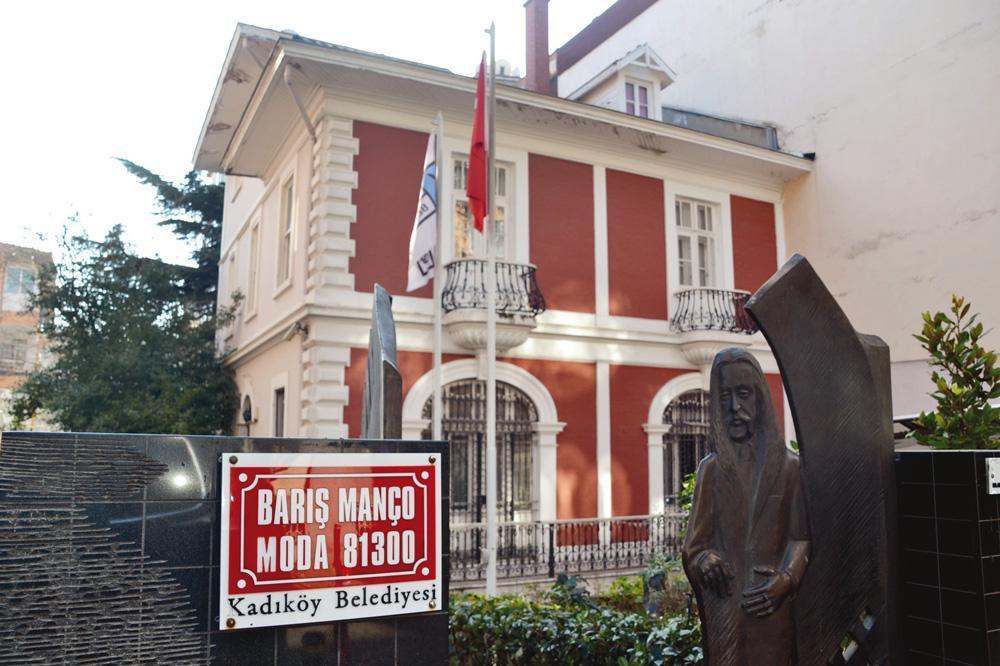
The Barış Manço House Museum, where the personal belongings of the legendary Turkish singer, composer and television producer Barış Manço are on display, is being visited by his fans on the 19th anniversary of his death.
The artist and his family for many years lived in the house, which later turned into museum, in the Moda neighborhood of Istanbul’s Kadıköy district.
Speaking about the museum, the artist’s wife, Lale Manço, said the museum was established in 2010 by the Kadıköy Municipality. “Everything is authentic in the museum. We left the house in the same state in which we lived.”
His widow said the museum was one of the most visited places in Kadıköy.
“Especially on every mid-term holiday, students from nearly all schools and nurseries in Istanbul come to visit the museum. It has a high number of visitors. As of January, 6,000 people visited the museum. I believe that this is a good number of visitors for a museum,” she said.
She said all the belongings of Barış Manço could be seen in the museum, including his famous rings, outfits and collections.
The singer’s son, Batıkan Manço, said visitors can see his father’s unknowns in the museum.
“On the top floor of the museum is my brother Doğukan’s room, there are graphic works my father made in his youth. Many of his fans do not know about them. When they get surprised by these works, we become happy. This place should not be considered as a simple museum. The lifestyle of Barış Manço is seen on each wall of this house,” he added.

Barış Manço
Born on Jan. 2, 1943 in Istanbul, Barış Manço was a musician, singer, composer, actor, collector and traveler. He was one of the pioneers of Anatolian rock music and captured many people’s hearts. Since 1958, when he first took stage, he performed countless number of concerts in Turkey and the world with his band Kurtalan Ekspres.
More than 200 songs he composed made him the winner of 12 gold and one platinum album awards. Some of these songs were translated into Greek, Bulgarian, Arabic, Persian, Kurdish, Japanese, Hebrew, French and Dutch and were performed by many artists.
His television program “7 den 77’ye” (7 to 77), which was an education, culture and entertainment program for children and families, had broken records at the time in Turkish television history.
He also traveled to more than 100 countries in five continents, spending his life adding new dimensions to Turkey.
A graduate of the Royal Academy of Fine Arts, Manço won more than 300 awards in his life.
He died on the night of Jan. 31, 1999 after suffering from a heart attack in his house in Moda.
Moda has over the years become synonymous with Manço, who made the neighborhood his home.